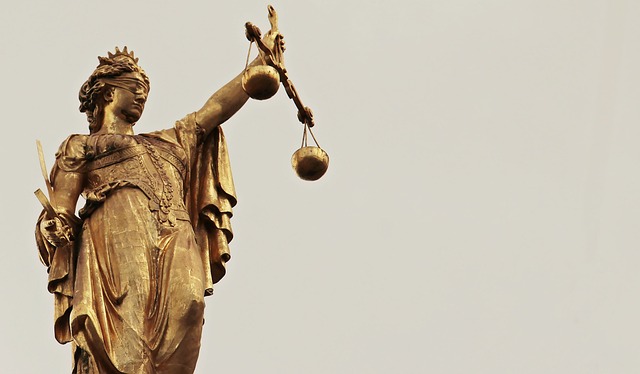
Since the beginning, human rights have served as the cornerstone of a civilized existence. They are unalienable, universal, sacred, and untouchable. They defend human life’s sanctity. The right to life article 21 of the Indian Constitution is among these rights that is most fundamental. According to the right to life, no one may be deprived of their life or their freedom unless it is done so in compliance with the legal processes. The Indian Constitution’s Article 21 guarantees everyone’s right to life and personal liberty. It consists of three essential components: life, liberty, and dignity.
Over time, as a result of increasing judicial activism and concern for human rights, Article 21’s scope has been extended to encompass a wide range of other factors that contribute to the fulfillment and value of human existence.
right to life in india: Article 21 of the Indian Constitution
In line with Article 21:
- “Life and Personal Liberty Protection: No one may be deprived of their life or liberty unless it is in accordance with a legally established procedure.”
- All people, citizens and non-citizens alike, are entitled to this fundamental right.
- Two rights are granted by Article 21 of COI:
- Right to Life and
- Right to Personal Liberty
- The majority of the rights are allegedly embodied in Article 21, which is considered to be the core of the fundamental rights and has been given greater significance. Life is a fundamental right guaranteed by Article 21. One requires clean water to drink, clean air to breathe, wholesome food to eat, and a clean environment to live in from the moment they are born. These components are essential for the healthy development of the human psyche.
- The right expressly states that no one may be deprived of their life or liberty until the legal process has been followed. This suggests that this privilege has only been granted in opposition to the State. Here, “state” refers not only to the government but also to its agencies, legislative bodies, municipal governments, etc.
- Not only does it protect everyone from abuses of state authority, arbitrary decisions, and discrimination based on factors such as sex, place of birth, or religion, but it also acts as a watchdog against violations of the fundamental rights guaranteed by the Constitution. The Indian judiciary has always taken the initiative and has zealously and meticulously protected the fundamental rights that are necessary for human survival.
right to life is which right
- The most fundamental of all the rights is the right to life. At its core, this right aims to prevent the state from arbitrarily taking away someone’s life. It states that no one may be deprived of their life unless it is required by law.
- The right to life has been given a fairly broad interpretation in India. “Life” is defined under Article 21 and the legal interpretations of it as more than just the act of breathing.
right to life examples: Components
- According to Article 21, the right to life and personal liberty includes the fundamental right to a dignified existence. The Supreme Court ruled that having the freedom from discrimination and harassment, as well as the right to be treated with respect, are essential components of the right to dignity.
- According to Article 21, the right to a livelihood is a necessary part of the right to life. The Supreme Court ruled that a person’s right to a living includes the ability to work and support oneself, and that the government cannot deny someone their right to a livelihood without first ensuring that they have received due process.
- According to Article 21, the right to life and personal liberty includes the right to a clean environment. The Supreme Court has ruled that in order to enjoy other fundamental rights, such as the right to life and the right to health, one must have access to a healthy environment.
- According to Article 21, the right to health is a basic right. As per the Supreme Court’s ruling, the government is obligated to furnish its citizens with sufficient medical facilities, and the entitlement to health encompasses the right to obtain medical care in addition to the entitlement to a hygienic atmosphere.
right to life constitution of India: Case Rulings
- In the case of AK Gopalan v State of Madras, the case concerned the detention of a communist leader who argued that his personal liberty under Article 21 had been violated and that the detention was unlawful. The Court defined personal liberty as encompassing bodily liberty, including the freedom to eat, sleep, and other necessities of life.
- In the case of Olga Tellis v Bombay Municipal Corporation, this case supported the earlier stance that any action that would violate someone’s fundamental rights ought to adhere to the rules of justice and fair play.
The Indian judiciary has interpreted Article 21, which protects the right to life and personal dignity, broadly. Additionally, it is accessible under international regulations and in other nations. It has also been the subject of debate on a number of occasions regarding topics like euthanasia and the death penalty. Still, in the argument, the right to life has consistently prevailed.









